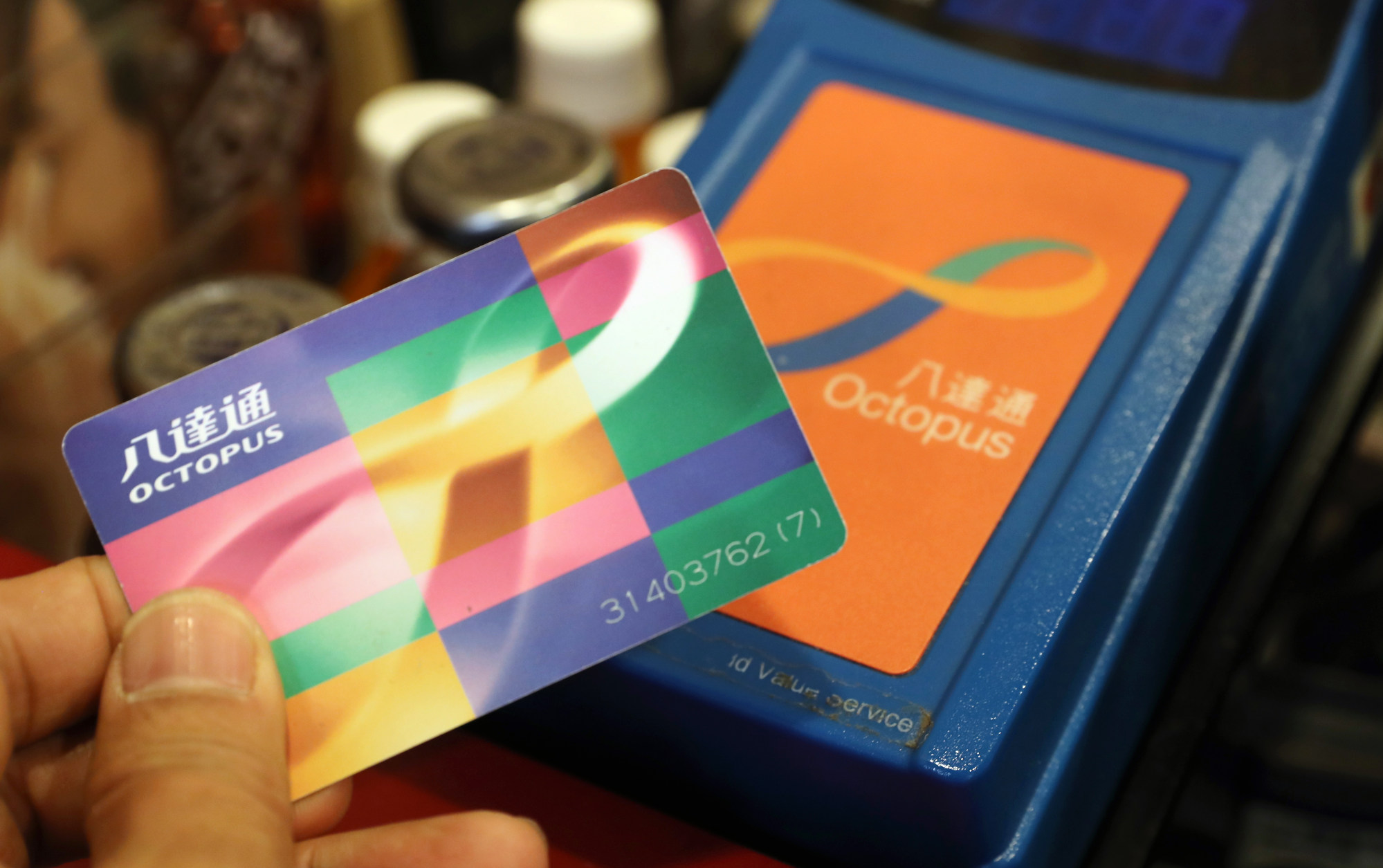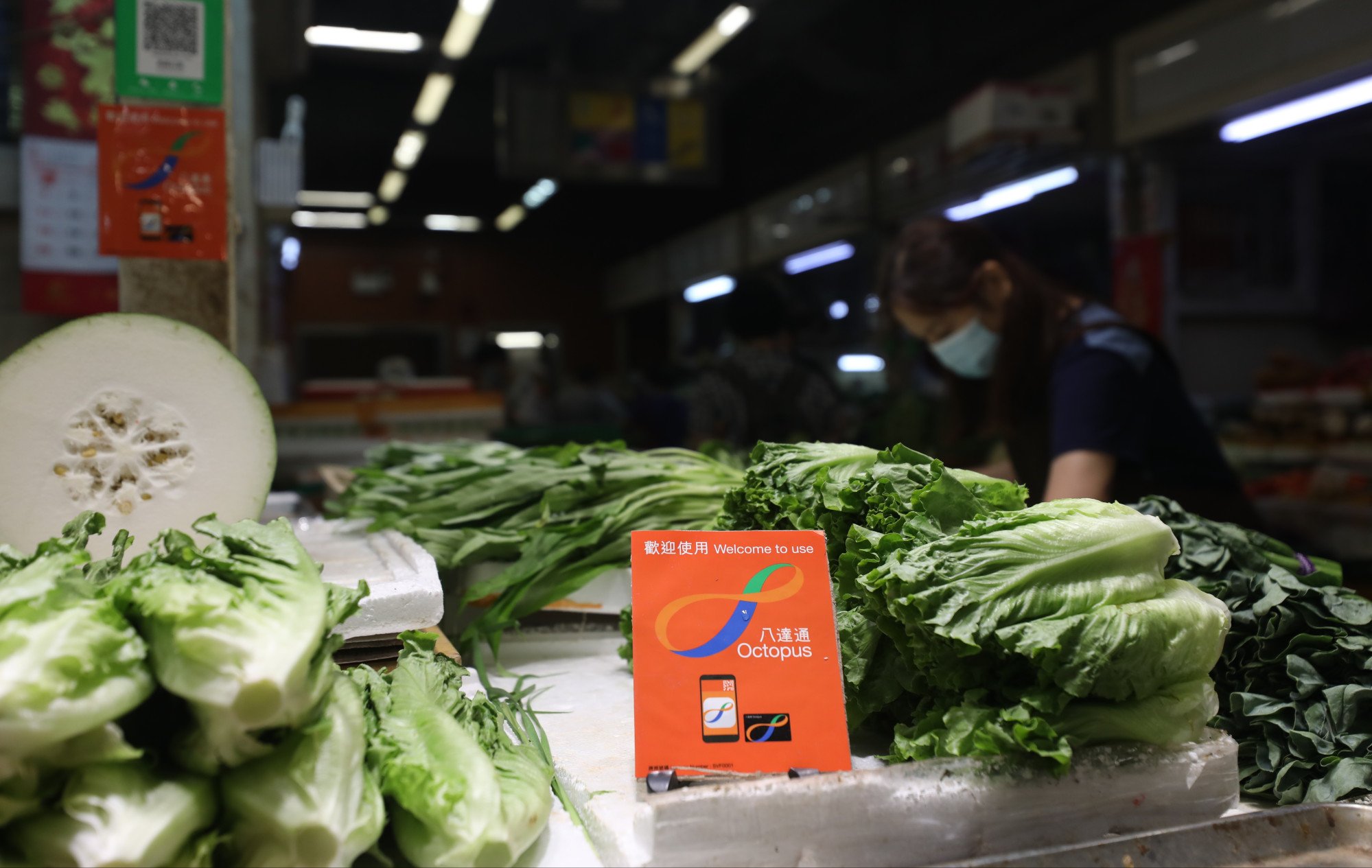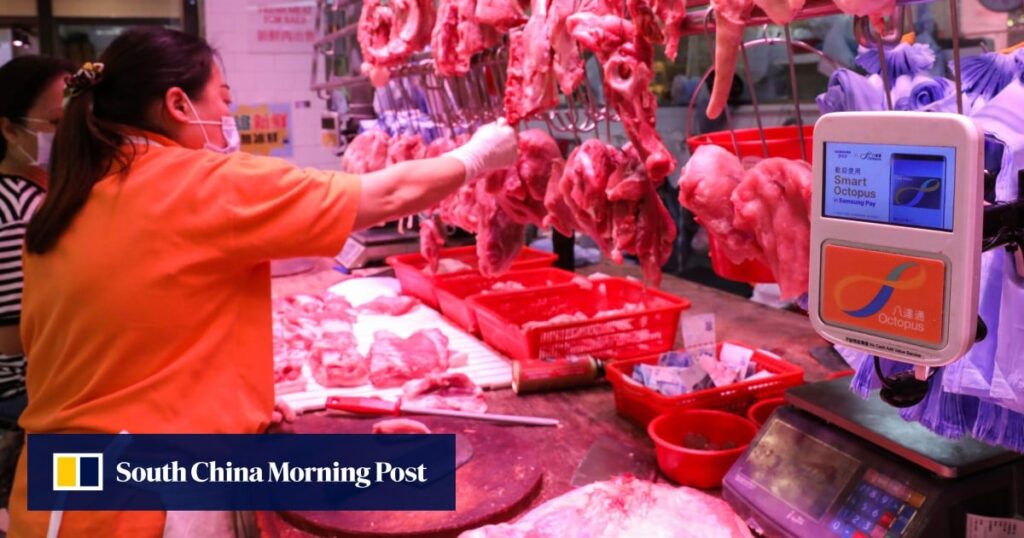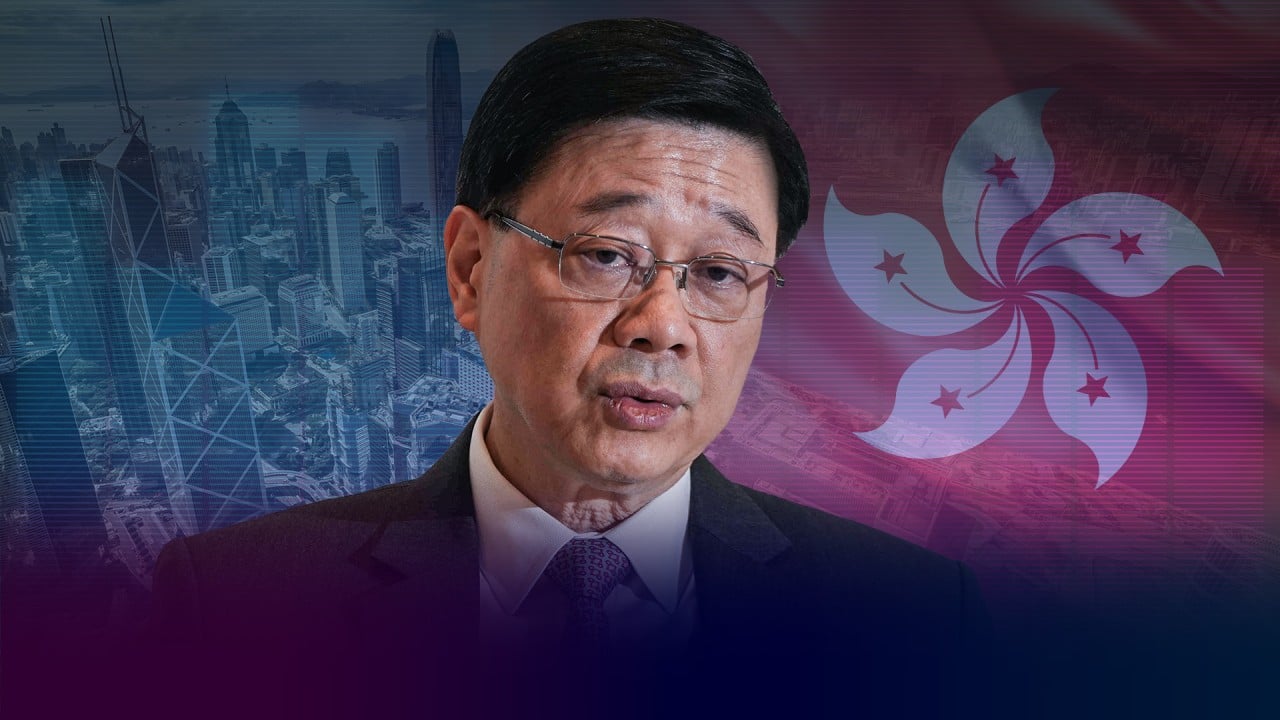“As Hong Kong's largest electronic payment platform, we want to be at the forefront of supporting businesses,” said Rita Li, Octopus' director of sales and marketing.
Companies are facing a tougher market as a strong Hong Kong dollar encourages Hong Kongers to cross the border to buy cheaper goods and services in mainland Chinese cities such as Shenzhen.
The Post reported that many businesses that introduced Octopus card readers to take advantage of the government's increased public spending through the issuance of e-vouchers during the COVID-19 pandemic have since stopped using them.
Some merchants say they have stopped using electronic payment systems to save on service fees.

Currently, when businesses other than the transport industry transfer funds from their Commercial Octopus accounts to banks, providers charge a service fee of 1.5% of the relevant transaction, or a minimum of HK$1.
However, the service provider said on Tuesday that new users would be provided with free card readers and would be exempt from bank transfer fees for the first six months after signing up, regardless of transaction volume, after which a HK$10,000 threshold would apply.
Octopus also said it was considering scrapping transfer fees between corporate accounts and holders' Octopus cards to increase capital flexibility.
Golden Garden Cafe in Sham Shui Po is one of the establishments that has withdrawn its Alipay Hong Kong service, although it still retains the service as its only electronic payment method.
AlipayHK is owned by Ant Group, an affiliate of Alibaba Group Holding, which also owns the South China Morning Post.
Cha chaan tengs near some of the outlets have introduced electronic payment methods to attract people wanting to use e-vouchers during the pandemic.
Retiree Lee Cho-cheong, 65, said he was surprised over the weekend when a cashier at a restaurant told him he couldn't pay with Octopus.
According to Lee, when he asked the restaurant why they had stopped using the system, the cashier replied, “We need to do more business to cover the costs of using Octopus, and business is very tough right now.”
The restaurant employee added that while Octopus only takes a small fee per transaction, every cent counts during an economic downturn.
Octopus did not say how many businesses had withdrawn from the service since the government stopped distributing e-vouchers, but noted that excluding the impact of consumption vouchers, transaction volumes were up 10 percent year-on-year.
“There are more than 46,000 businesses across four categories: retail and home goods, apparel, food and beverage, personal care and pharmacy,” Lee said.
Since launching its corporate electronic payments service, Octopus has waived HK$12 million in implementation fees for small and medium-sized businesses, the operator said.
AlipayHK, on the other hand, offers a fee-free base limit of HK$50,000 for transactions at participating cha chaan tengs, which are retained each month as long as the restaurant does not exceed the threshold.
However, once that amount is exceeded, restaurants are charged a 1.2 percent fee on any further transactions.
Wu Yong Chun, a Shanghai restaurant in Causeway Bay, said it had installed Octopus card readers during the pandemic but had now reverted to cash-only payments.
A cashier at the eatery, who declined to give his name, said restaurants prefer cash as it is the “easiest form of payment.”
Councillor Michael Thien Pukson said he believed the main reason for the decline of the Octopus electronic payment system was practical inconvenience rather than financial reasons.
“This is especially important in wet markets, where sellers don't want to take off their gloves and enter the amount into an Octopus reader,” he said. “This partly explains why Alipay HK and WeChat Pay are more popular in wet markets.”

Octopus chief operating officer Sammy Kam said Tuesday the company was receiving feedback on streamlining its system for wet markets.
Kam added that the company responded by sourcing devices that are waterproof, drop-resistant and can be used with gloves on.
“We are also considering using voice input methods, especially since artificial intelligence is so advanced now,” Kam said.
A company spokesman said more than 1,200 stalls in around 130 wet markets are now using the electronic payment service.
There are currently at least 20 e-payment platforms available in Hong Kong, with Octopus, AlipayHK and WeChat Pay being the most popular.
Hong Kong-based consulting firm Quinlan & Associates released research last year showing that total electronic payments will grow 14% between 2019 and 2022 to reach HK$249 billion.



